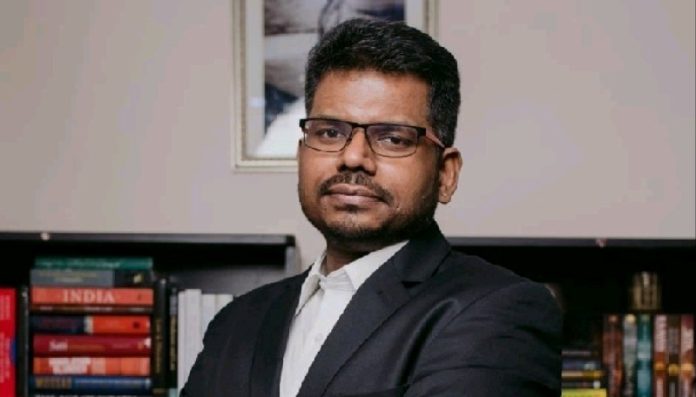
SANTA CLARA, May 6: The next five years for India are going to be of economic stability coupled with volatility on different fronts, a prominent Supreme Court advocate has said, observing that the country’s growth story will be impeded by law and order issues if the government doesn’t come out with a mechanism to deal with the street warfare.
“I think the economic success of Bharat is a foregone conclusion for multiple factors, and I’m not being overconfident here. There is a hunger for economic growth within the population, which is significantly driving the India story,” J Sai Deepak, who is also a popular public speaker among the BJP’s support base, told PTI in an interview here.
This hunger coupled with the enabling factors that the government has decided to create, in terms of a conducive atmosphere, will certainly help the growth story, he said.
“But the growth story will be impeded by law-and-order issues if the government doesn’t come out with a mechanism to deal with the revised form of street warfare that we have been witnessing over the last five years. That’s not unique to India. The strategy seems to have been employed across the world. I don’t think the way of the future is the kind of terrorist attacks that you saw maybe in the last 20 or 25 years, you’re going to be looking at a lot of urban warfare,” he said.
“That’s how experts call it, where streets are occupied and you’re not dealing with an organised set of people in terms of a core group, but where they choose to unleash a larger mob, an indeterminate unidentifiable mob. That kind of mob warfare, I think India needs to get ready for because if it doesn’t, the experiment of at least two of those protests between 2019 and 2024 will be replicated at a larger scale,” he said.
So, Deepak said he was more concerned about how the government and society will respond to it than about the outcome of the elections because he said he was fairly confident of what the outcome is going to be, referring to Shaheen Bagh and farmers’ protests.
Responding to a question, he cautioned against a period of instability in India in the next five years.
“Economic stability, coupled with volatility on different fronts. I think it’s not just a function of Bharat’s internal politics, but also because globally I sense a rise in entropy levels across the board, which could perhaps spill over into India or add to existing tensions in certain parts of India. Which is why I said that I’m not concerned about India’s economic rise.
“I’m more interested in its ability to handle these situations with a firm hand without necessarily being bogged down by international opinion or the West’s opinion because we need to do what we need to do to stay in the game,” Deepak said.
The interesting part of the current situation is a convergence of interests between the vested interests within and outside, both of whom are interested in seeing the India story fall and fail, he said.
Noting that there are multiple voices in the West, he said those who are interested in India’s growth story because they want to invest in the country are looking at it from a positive perspective. Those who are not comfortable with that rise are obviously looking at a different set of issues and deliberately projecting a negative picture.
Responding to a question, he said that a weak Opposition is not good for India.
“(Prime Minister Narendra) Modi is blessed with a weak Opposition, and India is cursed with a weak Opposition. I don’t think it bodes well in general because the quality of the Opposition also determines the quality of the democracy. Unfortunately, the kind of issues that they (the Opposition) have chosen to discuss as part of their election manifesto and their strategy leaves a lot to be desired. “It is not remotely representative of the forward-looking Bharat,” he said. (PTI)

